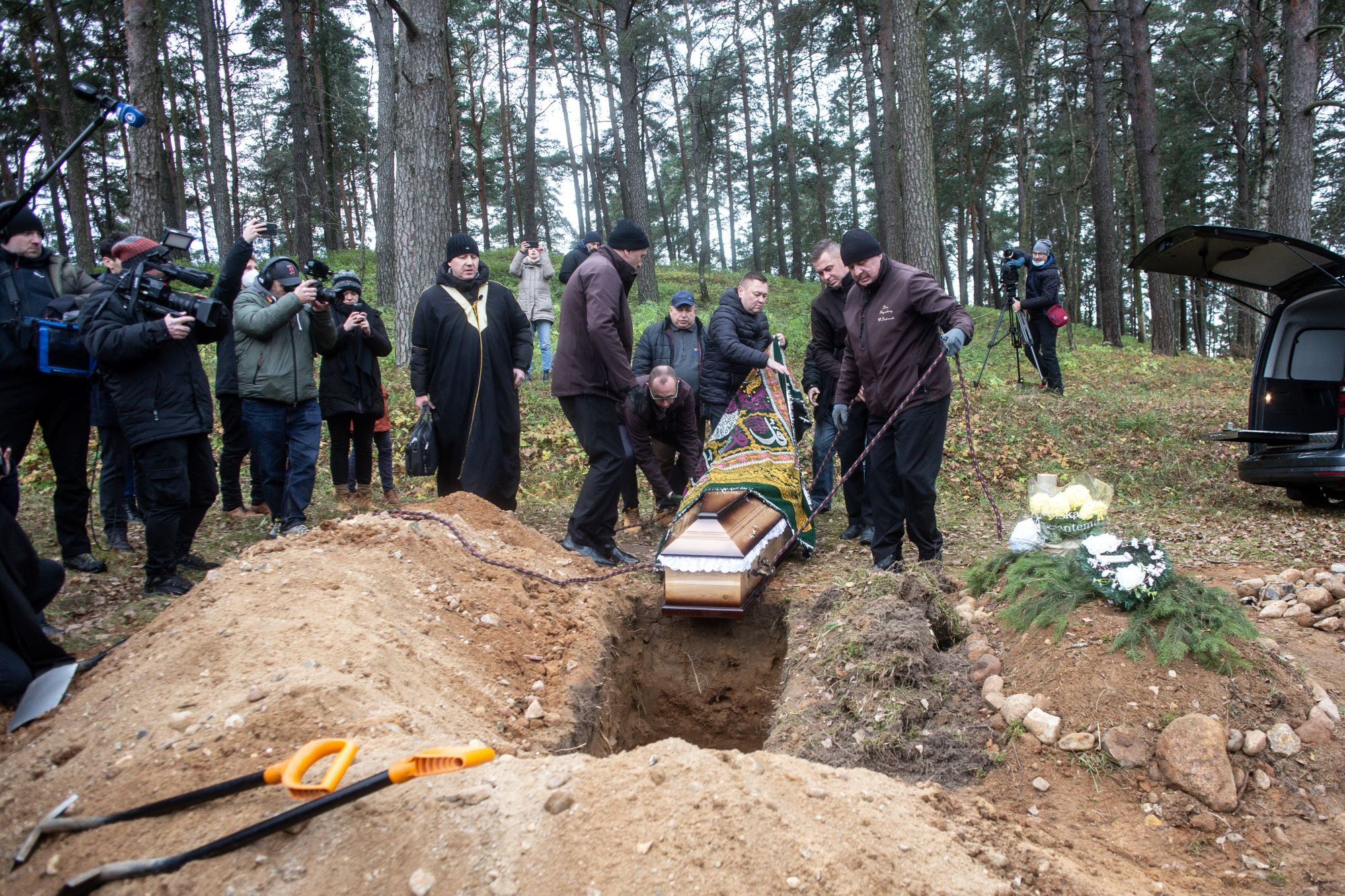As Poland grapples with a migrant and refugee crisis at its borders, we examine best practice for journalists covering refugee stories. Part one of our series.
Read more: Part Two, Part Three, Part Four
Contrary to the popular assertion that stories of refugee suffering are falling out of favour with editors, mainstream media outlets routinely cover refugee stories.
These range from incremental developments in the movement of peoples during escalations in conflicts around the world, to trend and feature stories that mesh well with periodic updates by the UN or humanitarian organisations.
There is also the occasional viral news story such as the coverage surrounding the tragedy of the child Aylan Kurdi, as well as frequent alarmist coverage in tabloids that cater to anti-immigrant sentiment.
Both reporters and humanitarian organisations complain that there is so called ‘compassion fatigue’ amongst readers, that they are tired of reading depressing news. This might be true to a certain extent, but it is not the reason media outlets reject refugee stories. Most mainstream media outlets see a public service responsibility in continuing to cover the refugee story.
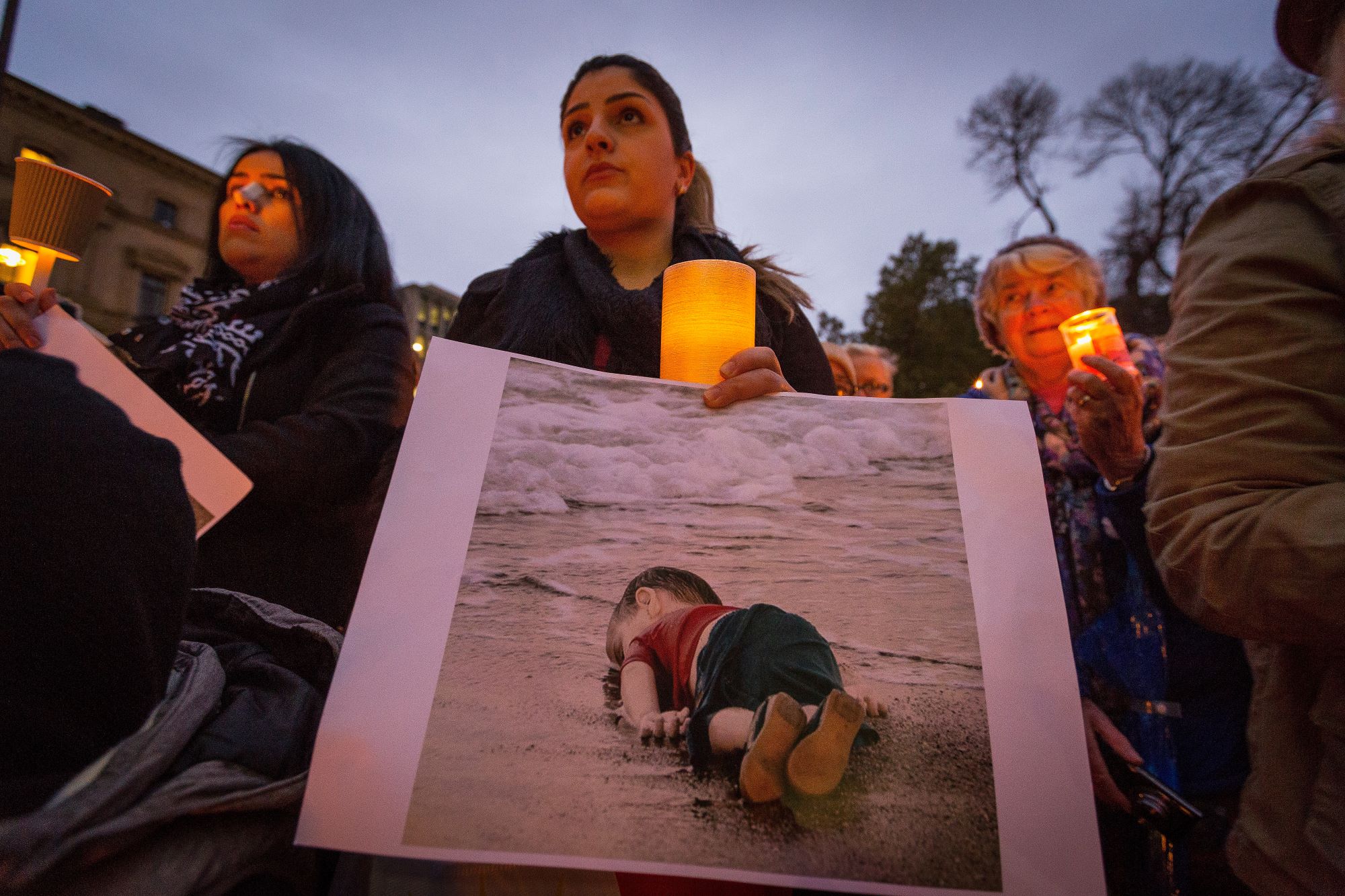
Refugees do not have to speak to you
In fact, many do not want to speak to the media, either to avoid recriminations affecting themselves or their families by local authorities back home, because they have suffered trauma such as sexual violence that carries with it a societal stigma, or simply because they feel that cooperation with media outlets has not led to an improvement in their lives. Be clear that you cannot control the reactions to your reporting, respect the desire for privacy when it is expressed, and evaluate whether you can grant anonymity if this is requested out of legitimate fear. If they say no, respect that.
Be sensitive to the on-going plight of refugees
Most refugees are living in a state of persistent trauma. They had to flee their homes, and have gone overnight from the safety of their communities to refugee camps, where the future is uncertain and peril is still very real. Be aware of those stress factors and always treat people with dignity.
Avoid re-traumatising victims
Refugees who have been victims of torture, sexual abuse and major trauma may suffer from post-traumatic stress disorder (PTSD). Special care needs to be taken during questioning. Some might be eager to share what they endured in detail so it can be documented. Others might be reluctant and could experience relapses as a result of direct questioning. For journalists without significant experience in interviewing such individuals, it might be helpful to have a case officer from an aid organisation present during the interview, to help build trust and to carefully steer the conversation to best approach the trauma.
Interviewing children
Media outlets usually frown on the interviewing of children. However it can be difficult to avoid if you are doing a story on child labour, for example. If you are interviewing children - If possible, ensure you have permission from parents or guardians beforehand. Protect their identities at all times by using a pseudonym, blurring their images and using a voiceover.
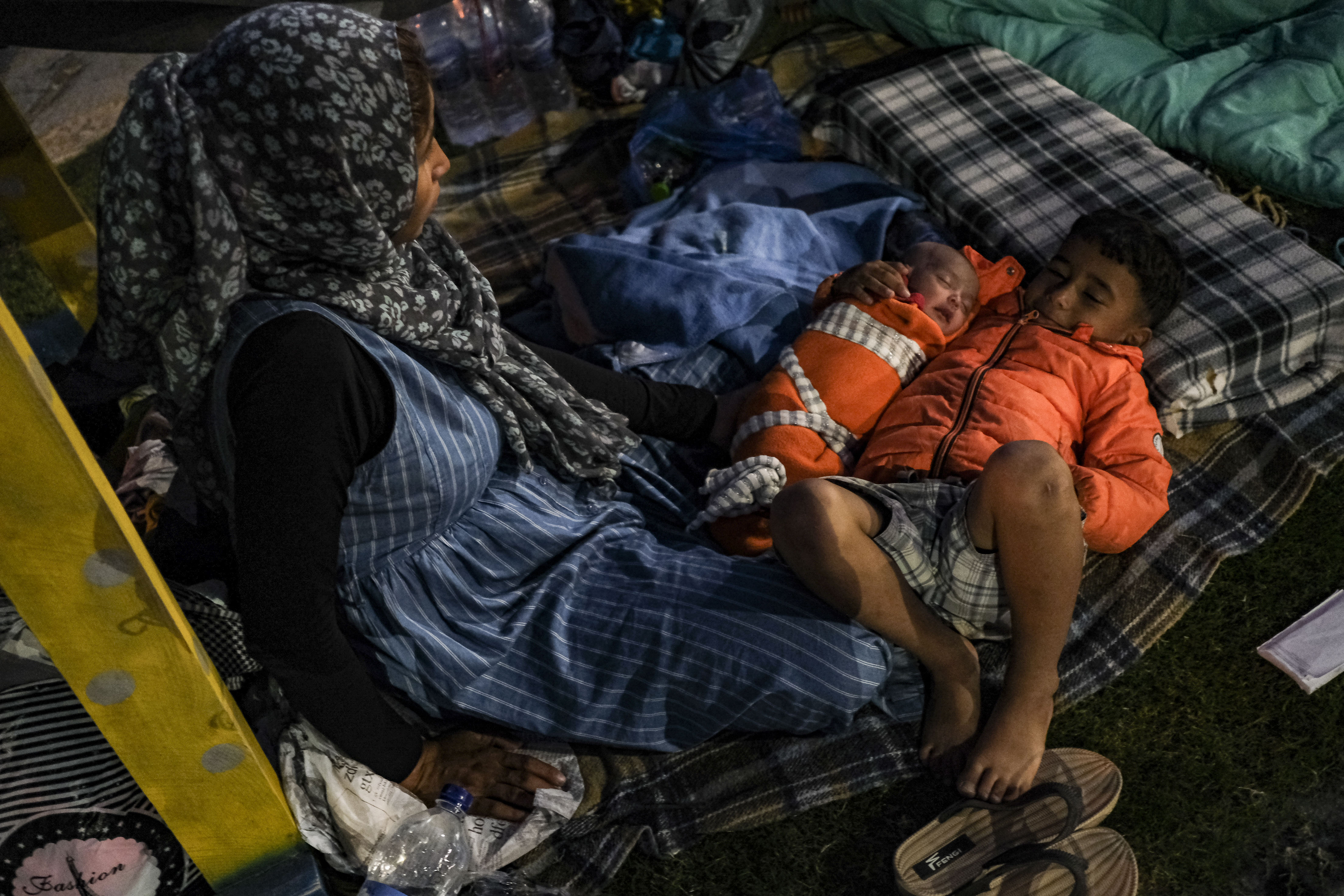
Empathy as a core value
A crucial part of ethical reporting while covering refugee stories is being empathetic. What does empathy mean? Bearing witness and amplifying the voices of the dispossessed, while appreciating the suffering they have endured.
Understanding that refugees are not numbers or simply a story that you will move on from once the assignment is over. Caring about the fate of other human beings.
Acknowledging and appreciating the good fortune that put you in the privileged position of being the interviewer rather than the interviewee in this context, and of being someone who reports on abuses perpetrated against the weak and holds the strong to account.
Empathy does not mean:
Reporting the stories you are told in the field uncritically.
Forgoing the rigours of reporting in the interests of promoting a dramatic narrative that will sell a story, or acting as a campaigner or activist on behalf of the downtrodden.
Giving false hope to people who might implore you to tell their story in the hope that they will receive more food baskets or win an offer of resettlement (both of which are reasons refugees sometimes speak to reporters).
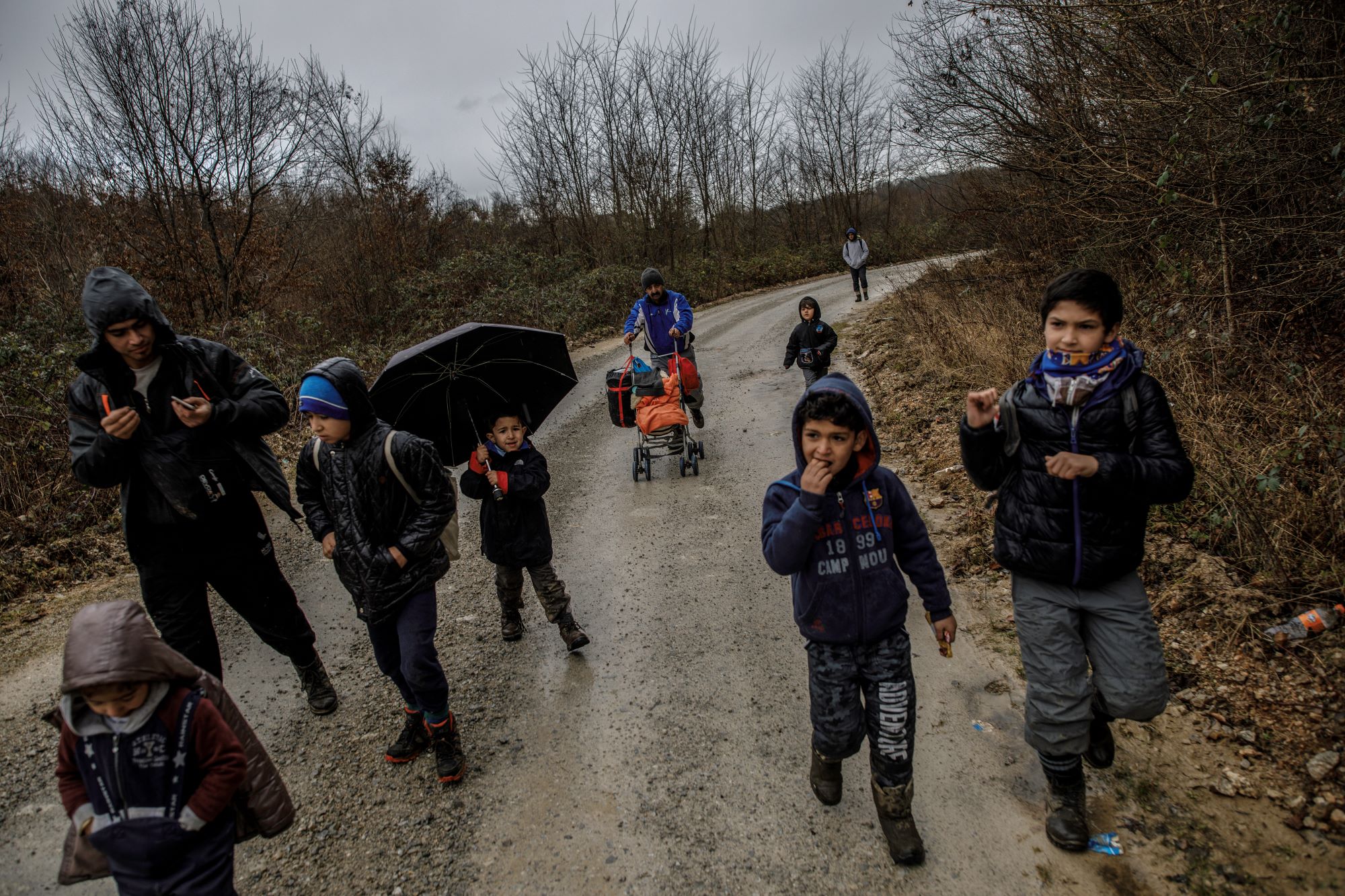
When and how to use numbers
Refugees are not numbers. Telling their stories in the midst of the media glut and the 24-hour news cycle requires the traditional tools of journalistic practice of rigour, accuracy, impartiality and integrity, but it also requires empathy and an ability to connect with people with wildly different experiences from your own.
When and how is it advisable to use numbers? The numbers and statistics behind the global refugee crisis are breathtaking but abstract.
It is helpful to explain in some instances that the displacement of peoples today is the worst it has been since the Second World War, or that one out of every five people you meet in Lebanon is a Syrian refugee. But reducing the gravity of such a tragedy to mere numbers does a disservice to your readers, because it renders abstract the individual stories of suffering and resilience.
The numbers are not the story. Having a healthy mind will increase your levels of empathy. Mental health, as it pertains to them, is not a subject frequently broached by journalists. However it is important, when not in the field, to engage in diverse hobbies and activities that have nothing to do with your work. Through maintaining your own mental health will help you to have the strength and empathy to report on the tragedies of others.
Documenting human rights abuses
Covering refugee stories is unlike reporting on other issues. The levels of trauma and suffering involved complicate reporting on refugees as compared to covering daily breaking news stories or traditional beats (although many of the same ethical reporting issues apply there as well). However it also makes it more rewarding on a visceral level.
At the most basic level, telling stories about refugees is telling how other human beings, in the midst of trauma and suffering, lead their daily lives. It involves bearing witness to the plight of individuals who have often survived incidents that brought them to the very edge of human endurance and experience.
The stories you will hear as a reporter covering refugees may be deeply moving experiences that offer powerful lessons on the human experience. Absorb them and learn from them, and know that you are privileged to be offered such intimate confidences. Their vulnerable status means that refugees are often victims of human rights abuses.
Regardless of the type of story you choose, asking yourself about these abuses and documenting them if you find them will build a narrative that allows for accountability. You must observe the traditional rules of reporting on human rights abuses.
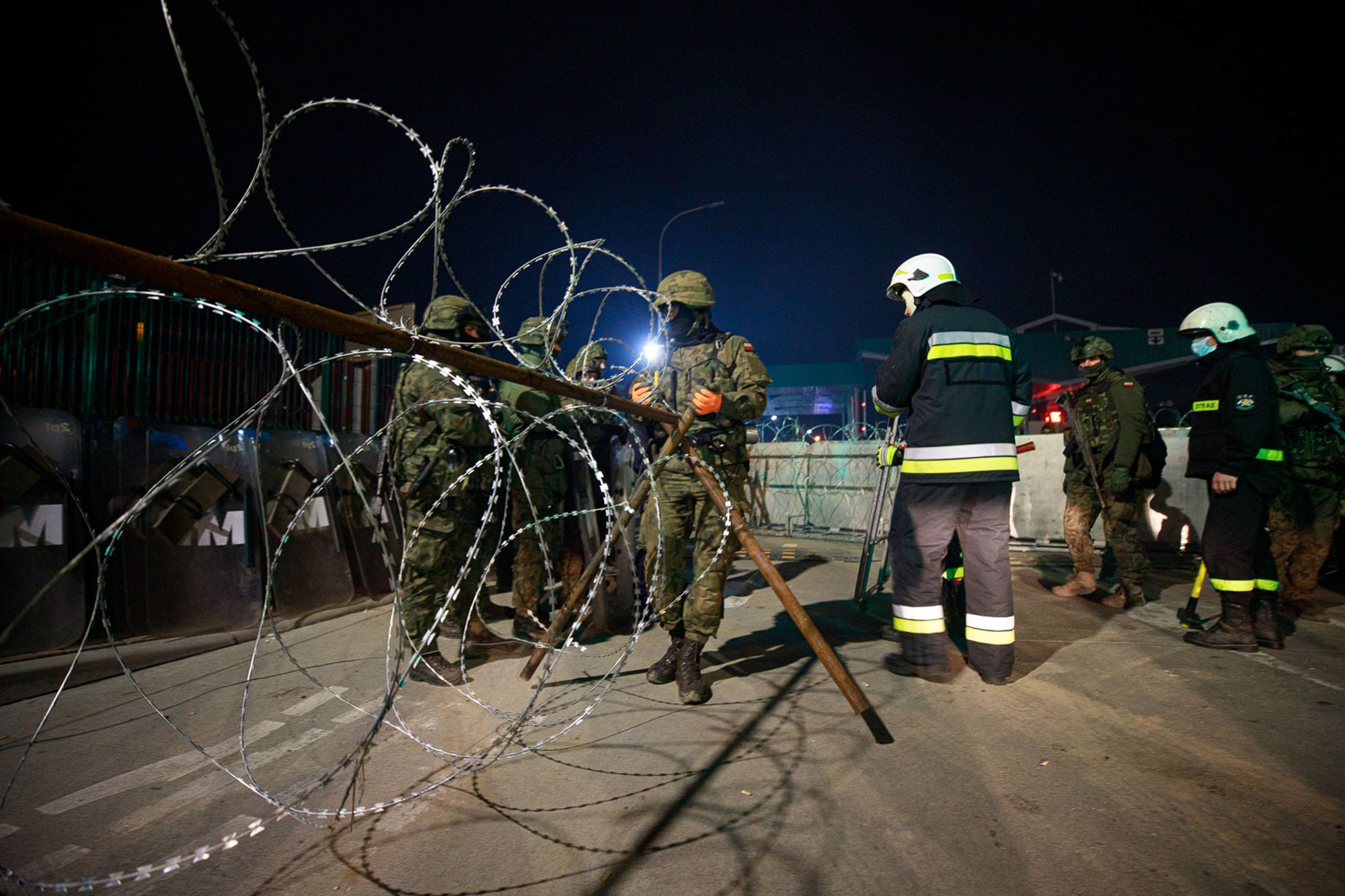
These include, but are not limited to:
Detailing with as much specificity as possible the alleged human rights violations.
Understanding why such practices violate international law.
Corroboration of the narratives through interviews with as large a sample as possible.
Asking probing questions and fact-checking claims with other sources of information.
Investing time and energy to cultivate sources with knowledge of on the ground activities in inaccessible areas where human rights violations are taking place.
Your role as a journalist is not activism
You might find yourself in the odd situation of being asked to intervene in a matter with aid officials or being implored by a refugee to highlight his or her case. Sometimes they will ask you whether speaking to you will help them secure additional assistance or perhaps be recommended for resettlement. You must be absolutely clear about the limits of your role.
You are there to listen to whoever will talk to you, to bear witness, and to portray an accurate and truthful image to your readers. Explain that you are only doing your job and that you cannot guarantee that their situation will change because of your reporting. Of course, if you encounter someone facing a life-threatening situation, you should fulfil your duty as a human by trying to help.
This article first appeared in the AJMI publication, Covering Refugee Stories
